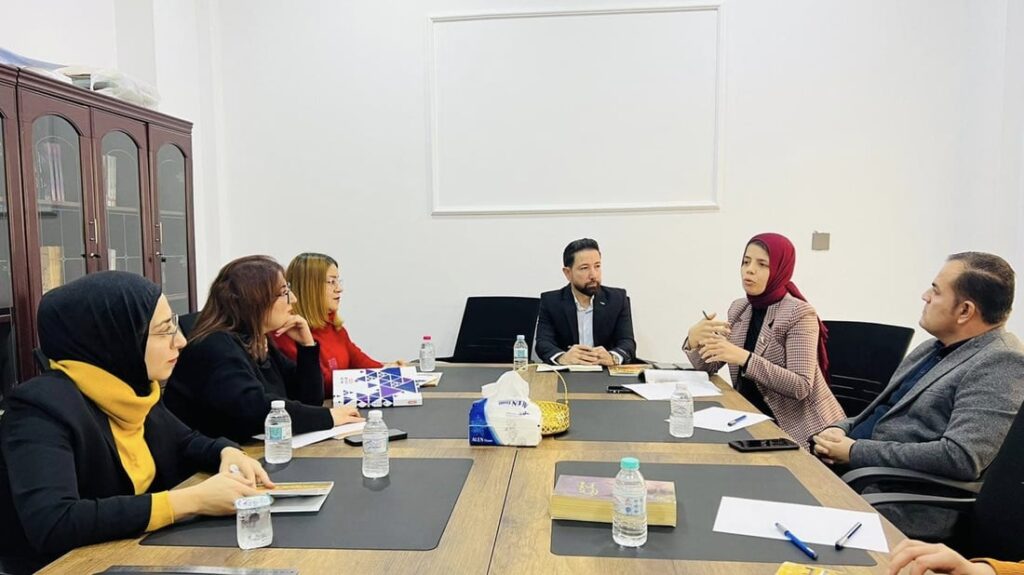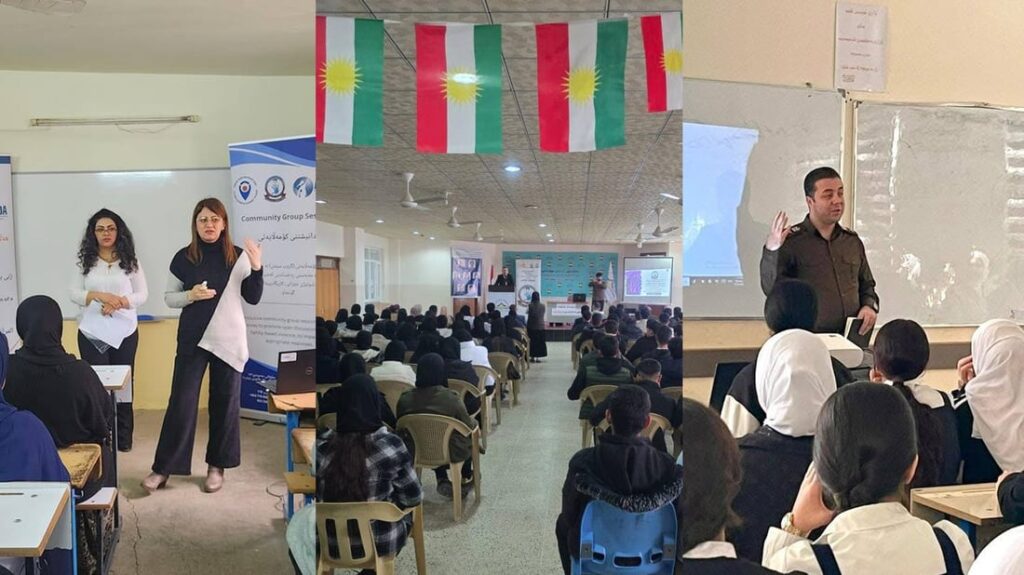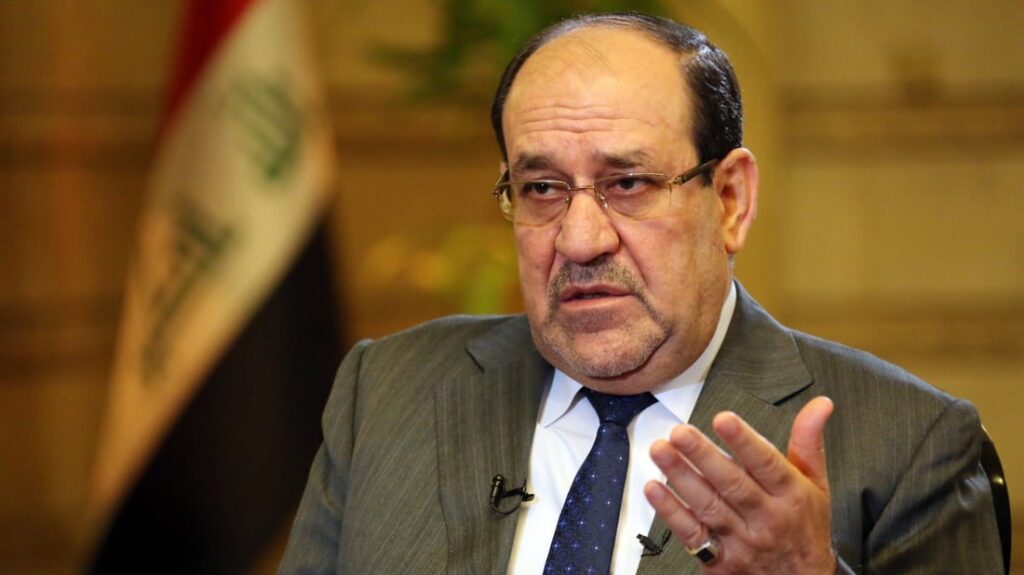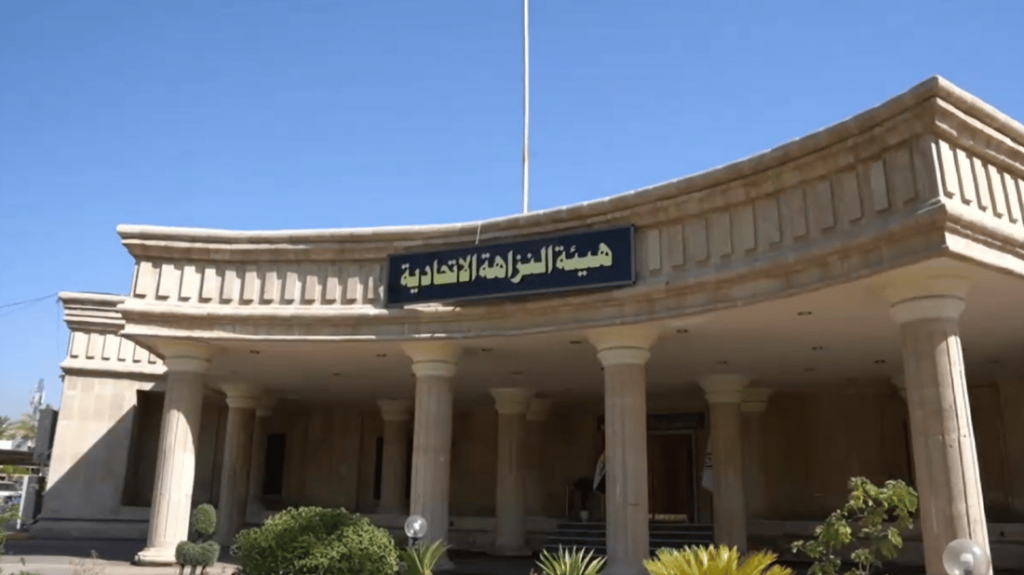Greece: UNICEF Refugee and Migrant Crisis in Europe: Humanitarian Situation Report #33 (July - September 2019)
Highlights
Although overall fewer people crossed through Mediterranean migration routes in 2019 compared to 2018, the proportion of children has increased.
Moreover, Septembersaw a notable spike of sea crossings to both Greece and Italy, where arrivals were respectively 140 and 164 per cent higher than the same period in 2018.Between January and September 2019, over 18,700 children on the move were able to attend UNICEF-supported regular formal and non-formal education classes, while 13,240 were reached with psychosocial support, case management and referral. Over 4,200 unaccompanied children were also supported with community-based care, while close to 4,350 women, girls, boys and men were assisted with GBV prevention and response services.
To respond to the growing needs of children on the move in a context of a deteriorating situation on Greek islands, as well as in Bosnia and Herzegovina and Montenegro, during the summer UNICEF revised its humanitarian appeal.
It now stands at US$ 29.5 million. UNICEF is urgently seeking US$ 10.5 million to keep children in overcrowded facilities safe from violence and abuse and protect them from the cold winter weather.
Situation in Numbers
82,000 # of arrivals in Europe through Italy, Greece, Spain and Bulgaria in Jan-Sept 2019 (UNHCR, 6 October 2019)
19,800 Estimated # of children among all arrivals through Greece, Italy, Spain and Bulgaria in JanSept 2019. Around a third of them are girls. (UNHCR, 6 October 2019)
43,460 # of estimated children present in Greece, Italy, Bulgaria, Serbia, Bosnia and Herzegovina, and Montenegro (UNICEF, September 2019)
11,940 # of unaccompanied and separated children registered in Greece, Italy, Bulgaria, Serbia and Bosnia and Herzegovina (UNICEF, September 2019)
Partnerships
UNICEF funding requirements were revised in July 2019 to reflect the deteriorating situation for children on the move and the increased needs in Greece, Bosnia and Herzegovina and most recently Montenegro. So far, UNICEF has received US$ 9.2 million of emergency funds, including US$ 500,000 from Global Humanitarian Thematic Funds, and US$ 9.8 million of non-emergency funds. Another US$ 10.5 million is urgently needed to keep children on the move safe from violence, abuse and exploitation, protect them from the cold winter weather and scale up their social inclusion through access to education, health and protection services.
Situation Overview & Humanitarian Needs
One in four of the 82,000 refugees and migrants arriving in Europe through Mediterranean migration routes (19,800) was a child, with 75 per cent of them registered in Greece alone. Although there is an overall decrease of refugee and migrant arrivals compared to 2018, the proportion of children among them has increased.
In September, there was a notable spike of refugee and migrant children undertaking the dangerous sea crossing to both Greece and Italy (for the first time in 2019), where arrivals increased by 140 and 164 per cent respectively compared to the same period in 2018. This coupled with continuous secondary movements in the Western Balkans, where national capacities, especially in Bosnia and Herzegovina and Montenegro, have been over-stretched. Currently, 43,600 children (nearly a third of whom unaccompanied or separated from their families) remain in reception facilities in Greece, Italy, Bulgaria and the Western Balkans.
Children on the move continue to experience sub-standard reception conditions, overcrowding, violence and abuse. They have limited access to psychosocial support, case management and legal counselling on asylum and administrative procedures. Basic health and nutrition services for young children and their mothers, as well as education opportunities, especially for pre-primary and secondary school-age children, are scarce. Refugee and migrant children and women living in makeshift and informal settlements, as well as in first arrival points on Greek islands, are highly vulnerable to various forms of sexual and gender-based violence, with unaccompanied boys and girls particularly at risk of abuse and exploitation due to insufficient places in appropriate care. National child protection systems, child rights monitoring capacity and outreach to highly vulnerable, and often invisible, children and women on the move remain inadequate





